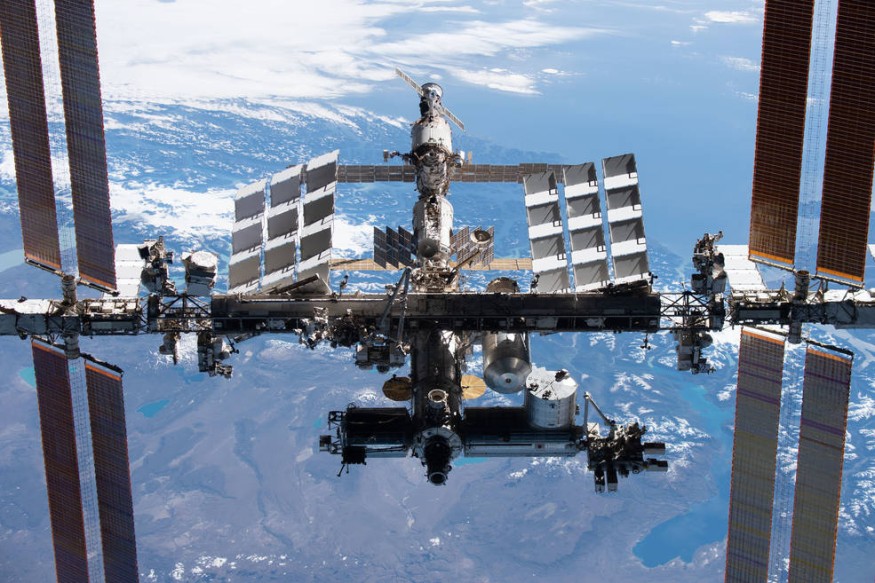
NASA has given the Axiom Mission 1 (Ax-1) crew the go signal to fly to the International Space Station next year.
Axiom Space, according to Space.com, unveiled its clients for its first privately-funded and operated journey to the ISS on January 26. The launch of Ax-1 is made possible through a commercial deal with NASA.
NASA Gives Axiom Crew a Go Signal for its First Private Mission to ISS Next Year
Another Space.com report said the Axion Crew team has completed all of their medical exams in preparation for their journey to the orbiting space station.
Furthermore, NASA and other international partners approved the Axiom crew's launch to the International Space Station on February 28, 2022.
The four-person commercial crew has already been granted the green light for their impending expedition by the US space agency and the Multilateral Crew Operations Panel, including five other international space agencies with authority over the ISS.
Larry Connor, Eytan Stibbe, Mark Pathy, and Michael Lopez-Alegria are among the four astronauts on the private crew mission. Pathy and Stibbe, two of the four crew members, will act as mission specialists.
On the other hand, Connor will be the Ax-1 pilot for the trip. Meanwhile, Lopez-Alegria will assume leadership of the expedition. It's worth noting that Lopez-Alegria is also the vice president of Axiom Space at the moment. He was also a NASA astronaut for four years, during which time he travelled to space four times.
Kathy Lueders, associate administrator of NASA's Space Operations Flight Directorate, tweeted that the first private astronaut mission to the International Space Station had "making tremendous progress."
"We've made great progress on our 1st private astronaut mission with @Axiom_Space to @Space_Station! Axiom Mission 1 astronauts Michael López-Alegría, Larry Connor, Mark Pathy and Eytan Stibbe cleared medical evals and are approved by the Multilateral Crew Operations Panel," Kathy Lueders, associate administrator of NASA's Space Operations Mission Directorate, said in a tweet.
We've made great progress on our 1st private astronaut mission with @Axiom_Space to @Space_Station! Axiom Mission 1 astronauts Michael López-Alegría, Larry Connor, Mark Pathy and Eytan Stibbe cleared medical evals and are approved by the Multilateral Crew Operations Panel. 1/2 pic.twitter.com/OV25PJUZl7
— Kathy Lueders (@KathyLueders) December 20, 2021
According to the NASA associate administrator, the four-person crew has already completed all of its medical exams.
In addition, the Multilateral Crew Operations Panel has given them the green light to launch the ISS mission.
The permission of NASA's international space agency partners, as well as the medical evaluation clearance, is a critical milestone for the first-ever commercial ISS crew trip, according to a separate statement.
Axiom Crew's First Private ISS Mission
The first commercial crew voyage to the orbiting space station will carry out a total of 25 experiments on a variety of issues, including space travel, research, and education.
Not to add that the study will examine at the impact of space flight on a person's heart and senescent cells.
In other news, NASA has chosen Axiom Space to lead its second private astronaut trip to the International Space Station, according to a recent press release.
According to SpaceNews, the second funding from NASA validates Axiom's status as a "key partner" in NASA's LEO commercialization strategy, which involves building a commercial module that engineers will install on the station as soon as 2024 forerunner to a commercial space station.
RELATED ARTICLE : SpaceX to Add More Crew Dragon Fleet As Cargo Ship Will Bring 4,600 Pounds of Supplies to ISS
Check out more news and information on Space in Science Times.
© 2025 ScienceTimes.com All rights reserved. Do not reproduce without permission. The window to the world of Science Times.











